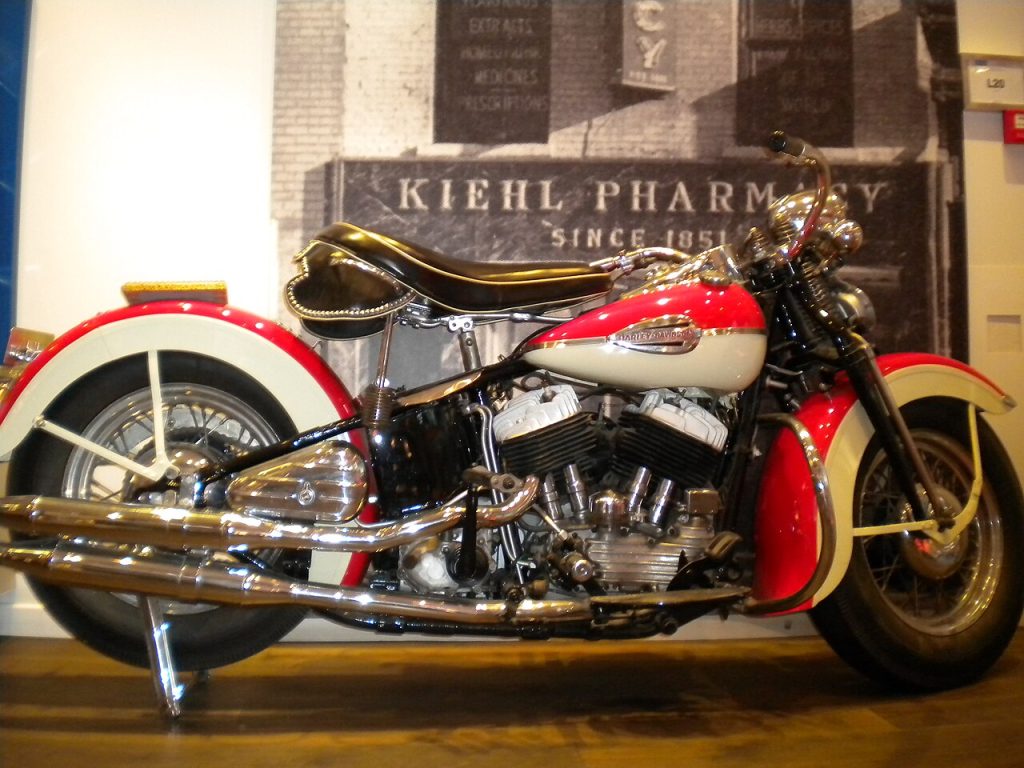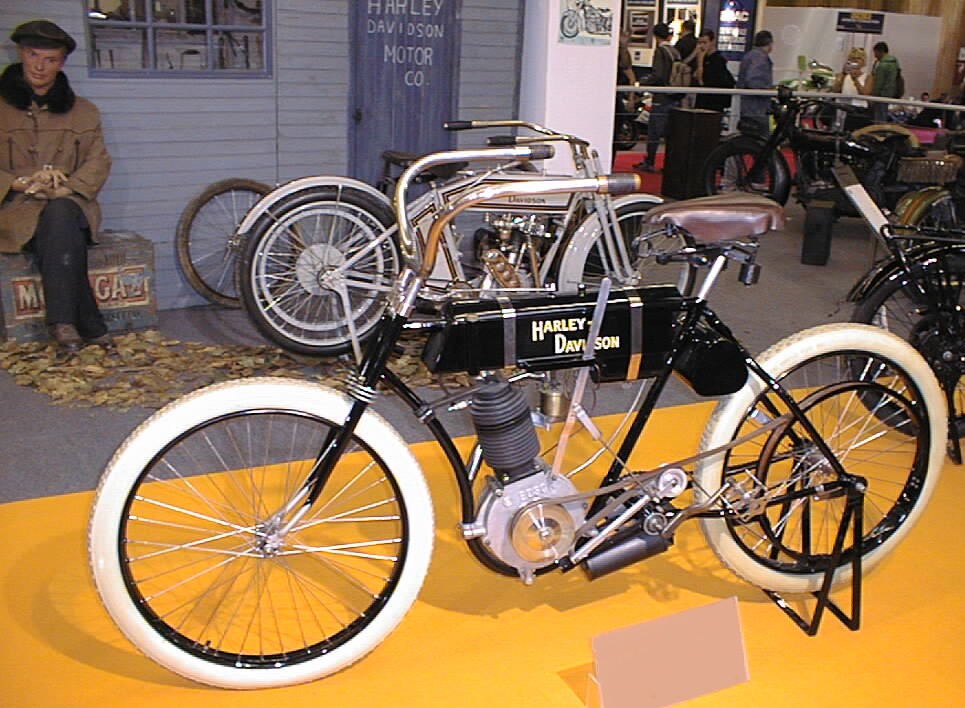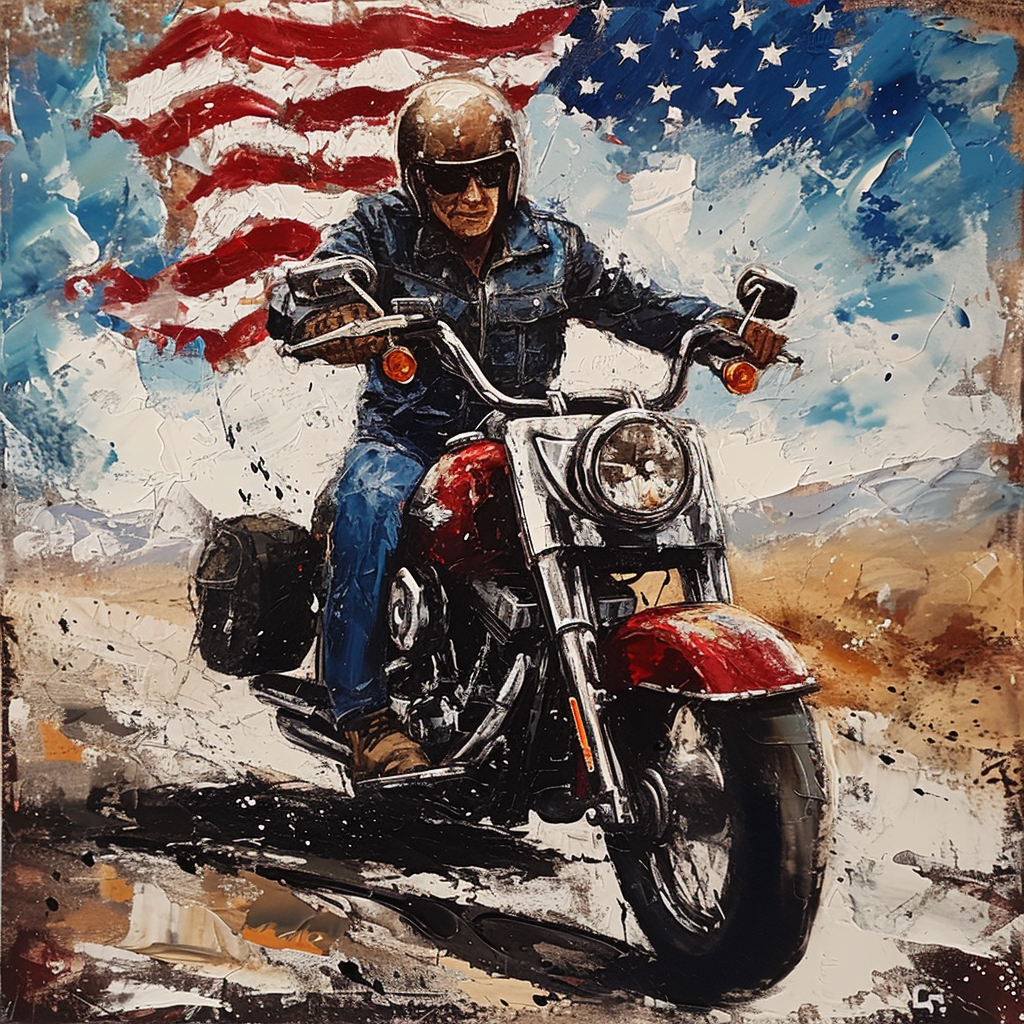Harley-Davidson, the iconic American motorcycle manufacturer, is currently navigating a challenging landscape as it strives to balance its appeal to younger, more liberal demographics without alienating its traditional, aging male customer base.

This delicate balancing act has recently come under scrutiny from Robby Starbuck, a conservative commentator and former GOP candidate for the U.S. House of Representatives in Tennessee. Starbuck, known for his campaigns against companies that support Diversity, Equity, and Inclusion (DEI) initiatives, has turned his attention to Harley-Davidson, criticizing the company’s involvement in social issues.

In a nine-minute video posted on X, Starbuck accused Harley-Davidson of being “out of alignment with its customers” due to its participation in DEI initiatives. He pointed to the company’s membership in the Wisconsin LGBTQ+ Chamber of Commerce and its hosting of an LGBTQ+ boot camp as examples of actions that he believes alienate the core customer base. “Let me tell you what your customers actually want, because it’s pretty easy,” Starbuck said in the video. “Just get rid of the social issues and divisive causes … no more DEI departments, no more woke trainings, no more donations to woke causes … just make motorcycles. Period.”

Despite Starbuck’s vocal opposition, Harley-Davidson’s stock has remained resilient. Currently, Harley-Davidson, Inc. (HOG) is trading at $35.90, a slight increase of 0.31%. Last Thursday, the company’s stock surged by 6.5% following a robust quarterly earnings report. For the three months ending June 30, Harley’s revenue increased by 12% to $1.6 billion, even though the number of bikes sold dropped by 3%. Under the leadership of CEO Jochen Zeitz, Harley-Davidson has focused on higher-end models and reduced options for entry-level riders, a strategy that appears to be paying off.

Starbuck, with over half a million followers on X, has a history of leading successful campaigns against companies supporting DEI initiatives. Earlier this year, he released a two-hour documentary, “The War on Children,” which accused LGBTQ+ activists, the entertainment industry, and social media platforms of indoctrinating and sexualizing children. His previous campaigns have led to changes in company policies, with John Deere being a notable example.

Following Starbuck’s social media attacks, John Deere announced it would eliminate DEI initiatives, withdraw its carbon emission goals, and stop providing data to the LGBTQ+ advocacy group Human Rights Campaign.

However, Harley-Davidson might present a different challenge for Starbuck. The Milwaukee-based company boasts a strong brand identity and a loyal customer base that may not be easily swayed by his rhetoric. Additionally, Harley-Davidson’s recent financial performance suggests that its current strategies, including DEI initiatives, are not detracting from its success.

Starbuck’s campaign against Harley-Davidson is certainly gaining attention, but its ultimate impact remains to be seen. Harley-Davidson’s ability to maintain strong financial performance amidst these attacks might indicate that its customer base is more diverse and supportive of its initiatives than Starbuck anticipates.

In the end, Starbuck’s crusade against Harley-Davidson could highlight a broader cultural divide in the marketplace. As companies increasingly embrace social issues and DEI initiatives, they may face backlash from conservative voices. However, the continued success of these companies, despite such campaigns, suggests a growing acceptance and support for inclusivity among consumers.

For now, Harley-Davidson appears to be riding high, with both its stock and revenue on the rise. Whether Starbuck’s campaign will significantly impact the company’s success or simply fade away remains to be seen. One thing is certain: the battle over corporate America’s approach to social issues and DEI initiatives is far from over.





